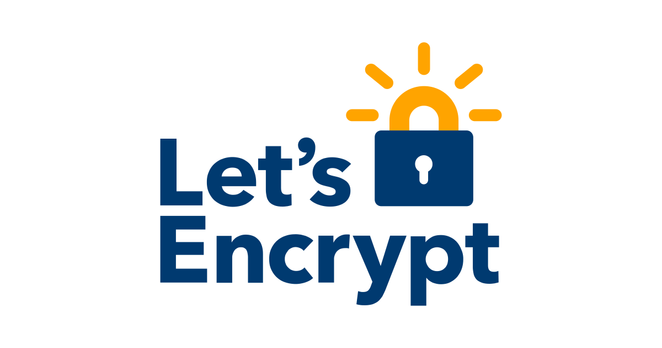 1/3
1/3
This afternoon I enjoyed browsing through the printed edition of a recent TLS. One is so much more likely to happen upon the unexpected, and I was not disappointed today.
For example, Notre Dame historian Felipe Fernández-Armesto takes the Yale Latin Americanist Greg Grandin to task in an uncompromising review of "America, América: A New History of the New World":
>>I opened the book expecting instruction and entertainment. I closed it in despair. How can such a shoddy piece, so self-indulgent, so partisan, so ignorant, so poorly written and so carelessly checked, appear over the name of a well-qualified professor and the imprint of a respected publisher? <<
Fernández-Armesto is particularly critical of what he sees as Grandin's recycling of the "black legend" of Spanish colonialism. He concludes his review
>>To "American identity of the future", wrote Walt Whitman in 1883, "Spanish character will supply some of the most needed parts . It is time to realize --for it is certainly true--that there will not be found any more cruelty, tyranny, superstition, etc., in the resume of past Spanish history than in the corresponding resume of Anglo-Norman history". Some people have not realized it yet.<<
https://link.gale.com/apps/doc/A839229765/AONE?u=txshrpub100020&sid=bookmark-AONE&xid=99da47a6





